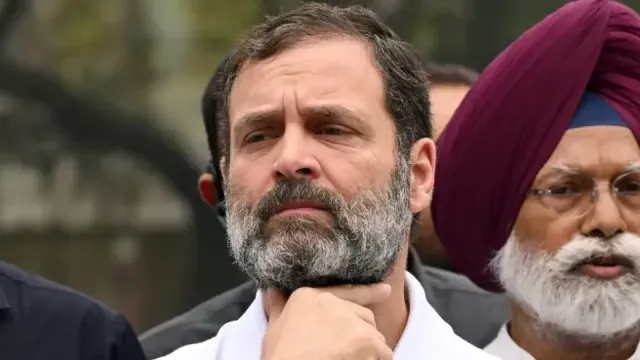During an election rally in Karnataka state ahead of the 2019 general election, Gandhi targeted Modi over his last name, which he shares with fugitive businessman Nirav Modi and former Indian Premier League chief Lalit Modi. Gandhi said, “How come all thieves have a common surname, Modi?”
Gandhi was present in court when the judge delivered the verdict. However, he was not immediately jailed but was given bail for 30 days and can file an appeal against his sentence during this period.
The Indian National Congress, Gandhi’s political party, released a statement after the verdict stating that he would file an appeal.
Defamation is a criminal offence in India, punishable by up to two years in prison and a fine. Many believe that these laws have been used to target journalists, activists and political opponents in the past.
This is not the first time that Gandhi has been charged with defamation. In 2019, he was charged with defaming the Rashtriya Swayamsevak Sangh (RSS), a right-wing Hindu nationalist organisation. In that case, he had accused the RSS of being responsible for the assassination of Mahatma Gandhi, a charge the organisation vehemently denied.
Gandhi, who is the son of former Indian Prime Minister Rajiv Gandhi and the grandson of former Prime Minister Indira Gandhi, has been the president of the Indian National Congress party since 2017. He has been a vocal critic of Prime Minister Modi and his Bharatiya Janata Party (BJP) government.
The BJP has accused Gandhi of using defamatory language against the prime minister and other BJP leaders on multiple occasions. They also claim that Gandhi's remarks damage the reputation of the country's democracy and its leaders on the global stage.
In response to the verdict, many opposition leaders and activists criticised the government and expressed their support for Gandhi. They see the verdict as an attack on free speech and an attempt to suppress dissenting voices.
The case against Gandhi has sparked a debate about the need for reform of India's defamation laws. Critics argue that the laws are vague and open to abuse and that they curtail free speech and freedom of the press. They call for a more nuanced approach to defamation, one that takes into account the context and intent of the speech.



